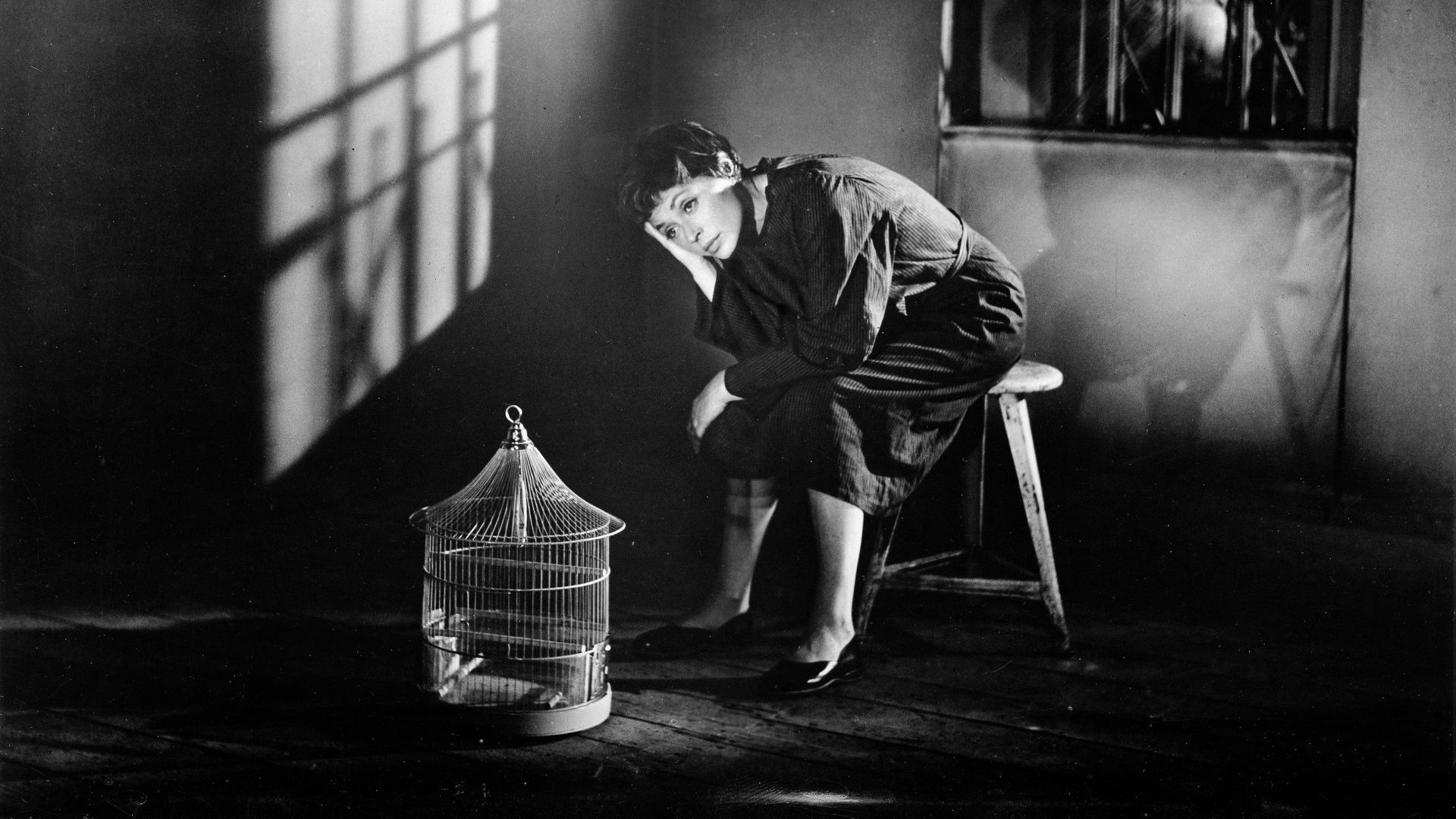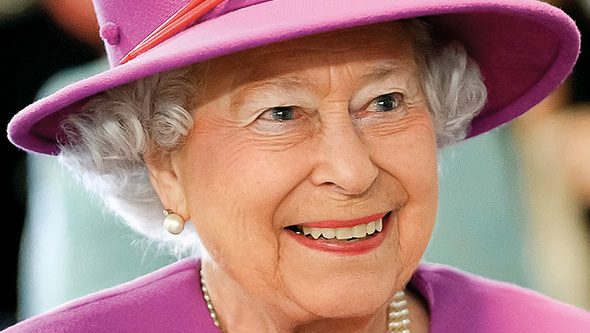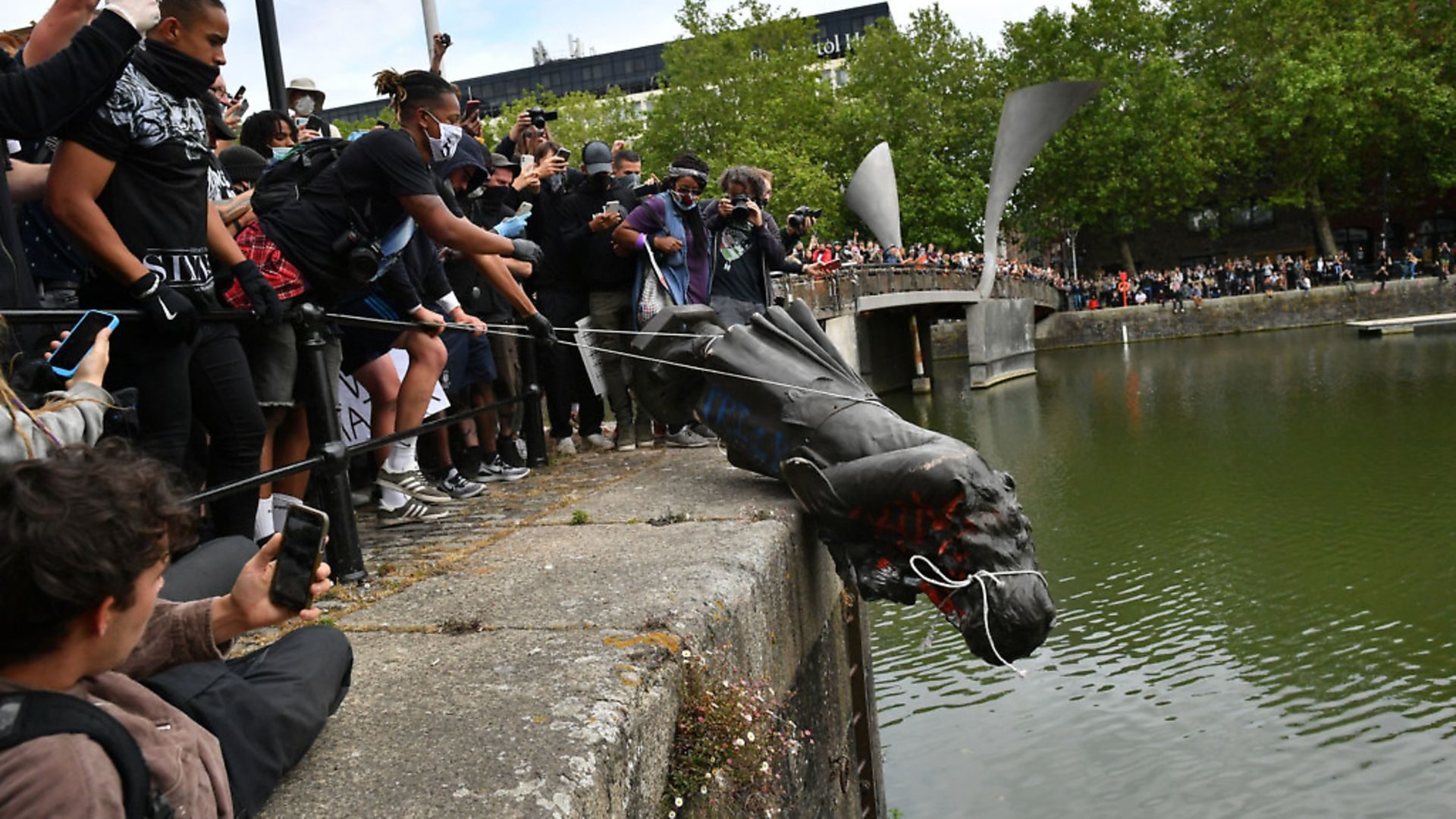In the spring of 1954 Lilli Palmer, star of Hollywood and Broadway, walked onto the floor of the Bavarian Film Studio on the outskirts of Munich to meet the crew on her first day filming the Kurt Hoffmann project Feuerwerk (Fireworks).
She was still adjusting to being back in her homeland for the first time in
more than 20 years and found her vocabulary had slipped during her
absence. The previous day she’d been unable to summon the words for
“cameraman”, “wig” and “dresser”. As she passed along the row of smiling
faces, however, it was the words popping into her head that concerned her most.
“So many names, so many people,” she wrote. “As each of them shook my hand I did some fast mental arithmetic. ‘Hello.’ He must be about 35, that means he was 20 when the war started. Might have been right in the thick of it. ‘Hello.’ That one’s younger, 25 at the most, couldn’t have fought in the war – or could he? They took them at 16. Anyway, he must have been in the Hitler Youth. ‘Hello.’ This one is much older, pushing 50. Must have been through the whole thing, possibly a dedicated Nazi Party member.”
And so on, through the entire crew, weighing up each of them by age, appearance and deportment to second-guess their possible contribution to the Third Reich.
Like many forced into exile when Hitler came to power in 1933, Lilli Palmer had forged a new life for herself a long way from home. Hers had been a successful one, a screen acting career starring opposite the likes of Fred Astaire, Gary Cooper and Clark Gable that made her a household name across the world. Yet here was the legacy of her enforced departure still thrumming away at the core of her being, the question of whether behind the smiles and greetings she was, to them, just another Jew.
She thought back more than two decades to her last acting engagement in Germany. Palmer was 18 in 1933, a promising member of a repertory company in Darmstadt who had just accepted a two-year contract at a prestigious Frankfurt theatre that was cancelled within weeks of Hitler coming to power.
When she broke the news to her kindly landlady – who collected her copy of the official Nazi Party newspaper Völkischer Beobachter from the mailbox early every morning before Palmer saw it – the old woman commiserated.
“It’s a real shame,” she sighed. “Hitler is a good man who will undoubtedly make Germany a great nation again. It’s just unfortunate he has this… this thing about the Jews.”
Shortly afterwards, Palmer was due to open in a performance of When the Young Wine Blossoms in Darmstadt. Hours before the premiere, the director
received word that 25 Nazi stormtroopers would be commandeering the front row because they’d heard the company was employing a Jewish actress. He asked Palmer to confirm that her father had been awarded the Iron Cross during the First World War.
Alfred Peiser (Palmer was a stage name Lilli adopted after an English
actress she admired) was a leading surgeon at Berlin’s largest Jewish
hospital whose four years running a field hospital at Verdun had earned him
Germany’s highest military honour. It might, thought the director, be enough
to deter that evening’s unwelcome visitors.
As Palmer waited nervously on stage for the curtain to go up, the actress with whom she was supposed to hold hands for the opening scene snatched hers away and unleashed a torrent of whispered anti-Semitic invective before spitting on the ground at her feet.
Then the curtain rose and Palmer glanced beyond the glare of the lights.
Where she had expected a line of brown uniforms and 25 pairs of eyes drilling their contempt into her, the front row was completely empty. Her father’s war record had been enough to see the stormtroopers withdrawn 15 minutes before the performance. She was safe. For now.
At her parents’ behest, Palmer left Germany for Paris and an uncertain future. With her sister Irene, she hastily formed a song and dance duo that
earned them some engagements in the city’s nightclubs, including the Moulin Rouge. But it wasn’t until she crossed the Channel for England a year later that Palmer’s career settled into any kind of rhythm. Spotted in cabaret and signed by a representative of the Gaumont film company, she made her
film debut in 1935 and was a regular face on British screens until the outbreak of the Second World War saw another contract cancellation.
She found work in a touring theatre company, making her British stage
debut at a small theatre in Birmingham. Staying in the same hotel was the cast of a Noel Coward play being staged in the city and the actors would dine together after their productions, among them Rex Harrison, Palmer’s future husband, their first date taking place over a powdered-egg omelette.
The couple moved to California in 1945 when Harrison landed a role in
Anna and the King of Siam and while they appeared together frequently on screen the marriage was a rocky one. Harrison rocketed to stardom in Hollywood and conducted a string of affairs, including with the actress Carole Landis, who committed suicide in 1948 when Harrison ended their relationship.
The scandal saw Harrison and Palmer relocate to New York, where they starred in a number of Broadway productions including a successful run in Bell, Book and Candle in 1950. One of their film projects, 1952’s The Four Poster, saw Palmer win the Venice Film Festival’s best actress award.
Harrison began another affair, this time with Kay Kendall, his co-star in the
1955 film The Constant Husband. When Kendall was diagnosed with myeloid
leukaemia shortly afterwards, Palmer agreed a divorce so that Harrison could marry Kendall and provide for her end-of-life care. By then, Palmer had already met the Argentinean actor Carlos Thompson on the set of the
German-made 1956 film Between Time and Eternity, who became her second husband.
After her marriage and relocation to Zurich, Palmer became an accomplished painter with exhibitions in London, as well as publishing four novels, one short story collection and a million-selling volume of autobiography. She exchanged big screen for small, appearing in television dramas including a highly-praised performance as Anne Frank’s mother Edith in a 1967 US adaptation of The Diary of Anne Frank, co-hosting a chat show with Dick Cavett and in 1982 conducting a candid televised interview with German chancellor Helmut Schmidt.
Palmer’s refugee tale ended better than most. “I wasn’t in a concentration camp, I wasn’t violated, I was so lucky” she said. “When I got that kick in the
behind from Hitler I thought it was the tragedy of my life. But it was the luck of my life.”
For all her success, however, the cold fear of what lay on the other side of that Darmstadt curtain never left her. Nor the suspicion that behind the smiling eyes of colleagues, hateful, vicious invective could only be a whisper away.




